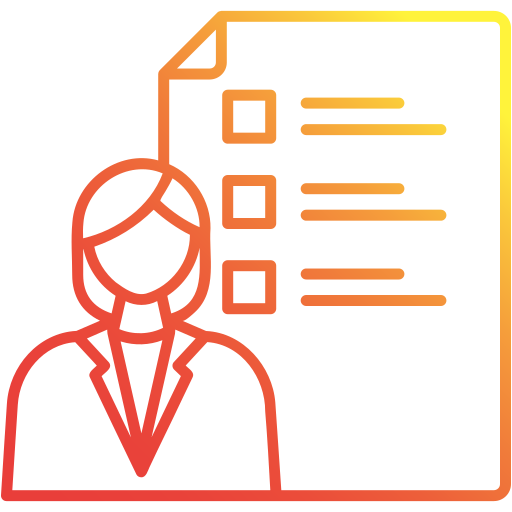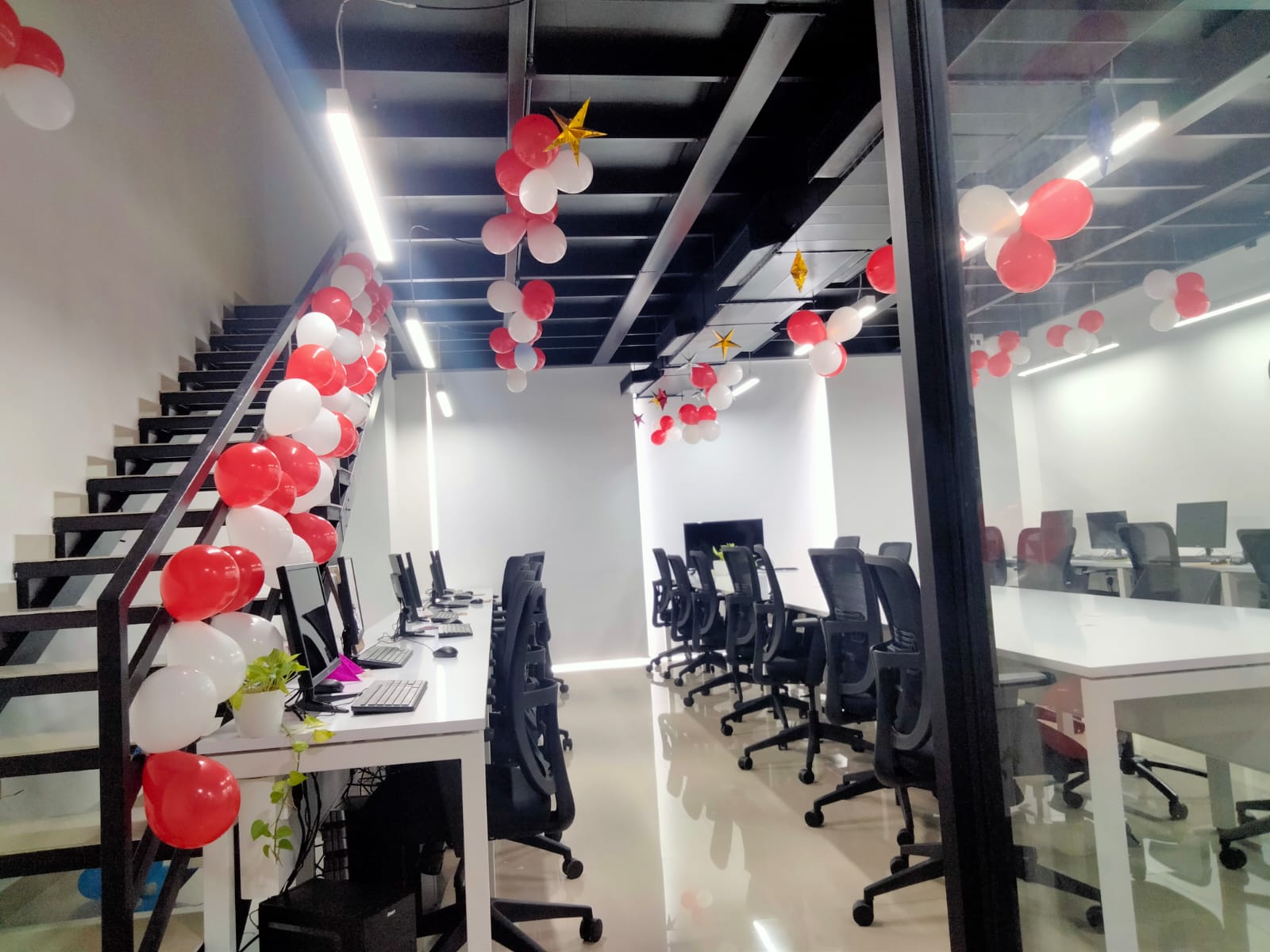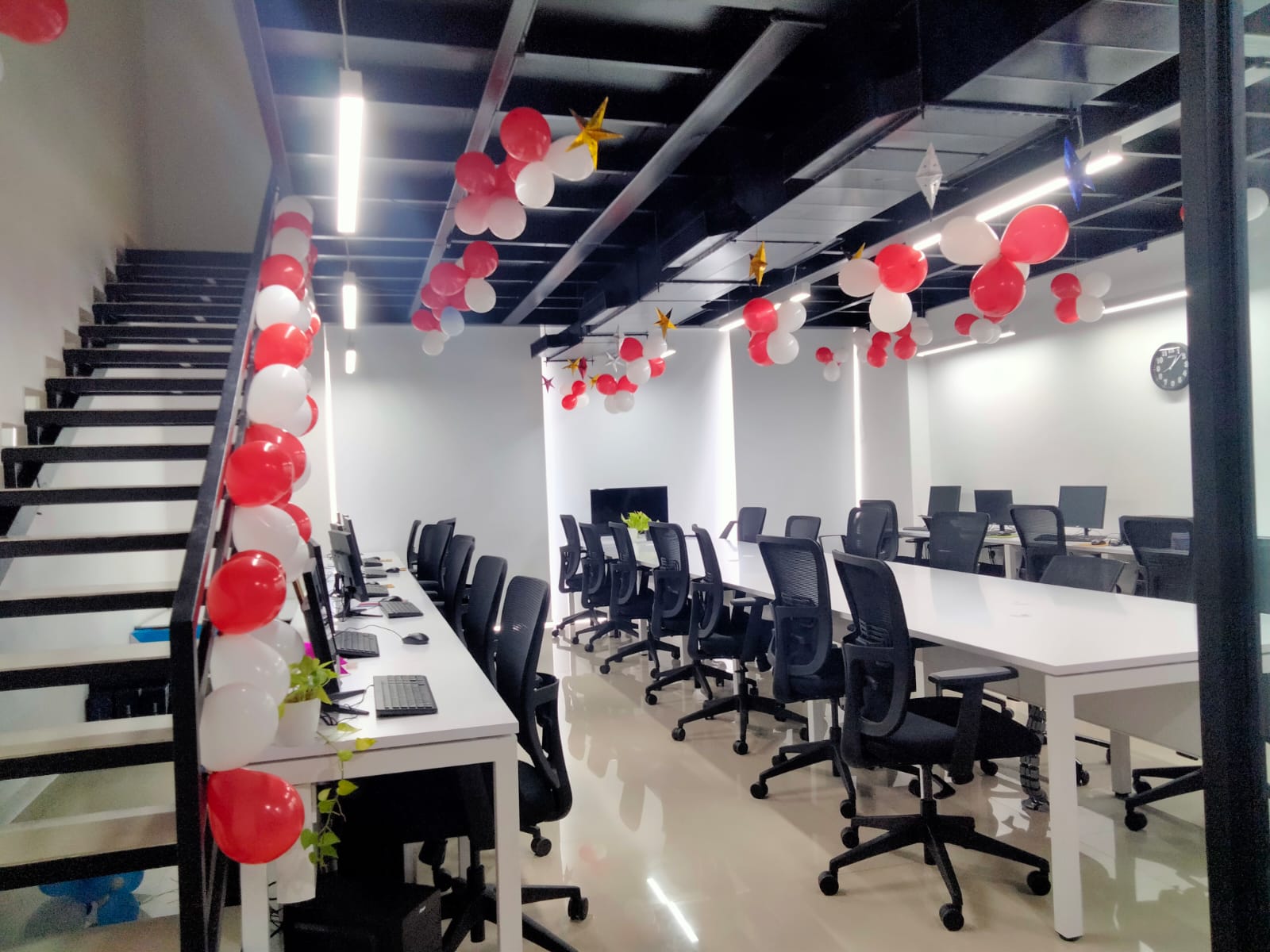learn python.python tutorial.python programming.python basics.advanced python.python for beginners.python coding.python language.
python programming course.online python course.python development.python scripting.python projects.python examples.python exercises.
python study guide.python certification.python training.python programming tutorial.python beginner course.python advanced course.
python coding tutorials.python study.python lessons.python classes.python learning path.python online tutorial.python education.
python learning resources.python training course.python interactive tutorial.python quick start.python crash course.python video
tutorials.python programming lessons.python programming exercises.python programming projects.python programming examples.python
programming study.python development course.python development tutorial.python for data science.python for web development.python
for machine learning.python beginner tutorial.python programming for beginners.python programming basics.python learning tutorial.
python study online.learn python online.python tutorials for beginners.python coding course.python coding lessons.python language
tutorial.python language course.python coding guide.python code examples.python practice problems.python study resources.python
tutorials and examples.python programming certification.python developer course.python programming books.python tutorial for
developers.python for programming.python introduction.python online classes.python programming introduction.python step-by-step
tutorial.python learning guide.python coding exercises.python programming resources.python tutorials for developers.python for
data analysis.python tutorial videos.python developer tutorials.python interactive learning.python programming for data science.
python development for beginners.python study materials.python learning online.python coding examples.python language lessons.
python course online.python basics for beginners.python tutorial course.python programming online course.python study and practice.
python tutorials for data science.python online education.python for beginners course.python language programming.python coding
online.python beginner lessons.python tutorial guide.python study course.python programming tutorials online.best python learning
in Kochi.best python course online.best python tutorials for beginners.best python programming course.best online python training.
best python classes in Kochi.best python courses for data science.best python courses for beginners.best python training institute
in Kochi.best python programming books.best python tutorial for beginners.best python online course.best python certification course.
best python learning resources.best python online tutorial.best python training course.best python course for beginners.best python
training online.best python course for data science.best python tutorial website.best python certification.best python video
tutorials.best python crash course.
"Learn HTML, HTML tutorial, HTML programming, HTML basics, advanced HTML, HTML for beginners, HTML coding, HTML tags, HTML
elements, HTML5 tutorial, HTML structure, HTML syntax, HTML forms, HTML tables, HTML attributes, HTML layout, HTML links, HTML
images, HTML video, HTML audio, HTML semantics, HTML responsive design, HTML CSS integration, HTML JavaScript interaction, HTML
best practices, HTML accessibility, HTML SEO, HTML mobile development, HTML frameworks, HTML editors, HTML development tools, HTML
resources, HTML projects, HTML examples, HTML documentation, HTML community, HTML learning path, HTML certification, HTML courses,
HTML online tutorial, HTML offline tutorial."
"Learn CSS, CSS tutorial, CSS programming, CSS basics, advanced CSS, CSS for beginners, CSS styling, CSS3 tutorial, CSS layout,
CSS selectors, CSS properties, CSS animation, CSS transitions, CSS frameworks, CSS preprocessors, CSS grid, CSS flexbox, CSS media
queries, CSS responsive design, CSS best practices, CSS accessibility, CSS SEO, CSS mobile development, CSS tools, CSS projects,
CSS examples, CSS documentation, CSS community, CSS learning path, CSS certification, CSS courses, CSS online tutorial, CSS offline
tutorial."
"Learn JavaScript, JavaScript tutorial, JavaScript programming, JavaScript basics, advanced JavaScript, JavaScript for beginners,
JavaScript coding, JavaScript ES6 tutorial, JavaScript DOM manipulation, JavaScript functions, JavaScript arrays, JavaScript objects
,JavaScript events, JavaScript AJAX, JavaScript frameworks, JavaScript libraries, JavaScript Node.js, JavaScript React, JavaScript
Angular, JavaScript Vue.js, JavaScript TypeScript, JavaScript JSON, JavaScript best practices, JavaScript debugging, JavaScript
tools, JavaScript projects, JavaScript examples, JavaScript documentation, JavaScript community, JavaScript learning path,
JavaScript certification, JavaScript courses, JavaScript online tutorial, JavaScript offline tutorial."
"Learn Bootstrap, Bootstrap tutorial, Bootstrap framework, Bootstrap basics, advanced Bootstrap, Bootstrap for beginners,
Bootstrap styling, Bootstrap grid system, Bootstrap responsive design, Bootstrap components, Bootstrap templates, Bootstrap themes,
Bootstrap CSS, Bootstrap JavaScript, Bootstrap customization, Bootstrap layout, Bootstrap utilities, Bootstrap CDN, Bootstrap best
practices, Bootstrap accessibility, Bootstrap SEO, Bootstrap mobile development, Bootstrap tools, Bootstrap projects, Bootstrap
examples, Bootstrap documentation, Bootstrap community, Bootstrap learning path, Bootstrap certification, Bootstrap courses,
Bootstrap online tutorial, Bootstrap offline tutorial."
"Learn React, React tutorial, React programming, React basics, advanced React, React for beginners, React components, React
hooks, React state management, React props, React lifecycle, React router, React forms, React Redux, React context API, React
hooks tutorial, React testing, React best practices, React performance, React styling, React CSS-in-JS, React server-side rendering,
React SSR, React SEO, React mobile development, React Native, React navigation, React tools, React projects, React examples, React
documentation, React community, React learning path, React certification, React courses, React online tutorial, React offline
tutorial."
"Learn Node.js, Node.js tutorial, Node.js programming, Node.js basics, advanced Node.js, Node.js for beginners, Node.js
server-side, Node.js frameworks, Node.js Express, Node.js MongoDB, Node.js SQL, Node.js APIs, Node.js RESTful, Node.js WebSocket,
Node.js authentication, Node.js security, Node.js best practices, Node.js scalability, Node.js performance, Node.js testing, Node.
js debugging, Node.js tools, Node.js projects, Node.js examples, Node.js documentation, Node.js community, Node.js learning path,
Node.js certification, Node.js courses, Node.js online tutorial, Node.js offline tutorial."
"Learn Angular, Angular tutorial, Angular programming, Angular basics, advanced Angular, Angular for beginners, Angular
components, Angular services, Angular modules, Angular directives, Angular pipes, Angular forms, Angular RxJS, Angular routing,
Angular HTTP client, Angular testing, Angular best practices, Angular performance, Angular accessibility, Angular SEO, Angular
mobile development, Angular tools, Angular projects, Angular examples, Angular documentation, Angular community, Angular learning
path, Angular certification, Angular courses, Angular online tutorial, Angular offline tutorial."
"Learn MongoDB, MongoDB tutorial, MongoDB database, MongoDB basics, advanced MongoDB, MongoDB for beginners, MongoDB queries,
MongoDB aggregation, MongoDB indexes, MongoDB CRUD operations, MongoDB transactions, MongoDB schema design, MongoDB scaling,
MongoDB performance, MongoDB security, MongoDB replication, MongoDB sharding, MongoDB tools, MongoDB projects, MongoDB examples,
MongoDB documentation, MongoDB community, MongoDB learning path, MongoDB certification, MongoDB courses, MongoDB online tutorial,
MongoDB offline tutorial."
"Learn Express, Express tutorial, Express framework, Express basics, advanced Express, Express for beginners, Express middleware,
Express routing, Express templating engines, Express REST API, Express security, Express sessions, Express cookies, Express error
handling, Express best practices, Express testing, Express performance, Express scalability, Express documentation, Express tools,
Express projects, Express examples, Express community, Express learning path, Express certification, Express courses, Express
online tutorial, Express offline tutorial."
"Learn Java, Java tutorial, Java programming, Java basics, advanced Java, Java for beginners, Java object-oriented programming,
Java data types, Java collections, Java exceptions, Java threads, Java concurrency, Java networking, Java database connectivity,
Java GUI programming, Java Spring framework, Java Hibernate, Java Servlets, Java JSP, Java JDBC, Java best practices, Java
debugging, Java tools, Java projects, Java examples, Java documentation, Java community, Java learning path, Java certification,
Java courses, Java online tutorial, Java offline tutorial."
"Learn PHP, PHP tutorial, PHP programming, PHP basics, advanced PHP, PHP for beginners, PHP scripting, PHP arrays, PHP
functions, PHP classes, PHP OOP, PHP MySQL, PHP forms, PHP validation, PHP security, PHP sessions, PHP cookies, PHP frameworks,
PHP Laravel, PHP Symfony, PHP CodeIgniter, PHP CMS, PHP WordPress, PHP eCommerce, PHP best practices, PHP debugging, PHP tools,
PHP projects, PHP examples, PHP documentation, PHP community, PHP learning path, PHP certification, PHP courses, PHP online
tutorial, PHP offline tutorial."
"Learn C, C tutorial, C programming, C basics, advanced C, C for beginners, C language, C data types, C arrays, C functions,
C pointers, C structures, C files, C memory management, C algorithms, C best practices, C debugging, C tools, C projects, C
examples, C documentation, C community, C learning path, C certification, C courses, C online tutorial, C offline tutorial."
"Learn C++, C++ tutorial, C++ programming, C++ basics, advanced C++, C++ for beginners, C++ object-oriented programming, C++
data types, C++ classes, C++ inheritance, C++ polymorphism, C++ templates, C++ STL, C++ exceptions, C++ files, C++ memory
management, C++ algorithms, C++ best practices, C++ debugging, C++ tools, C++ projects, C++ examples, C++ documentation, C++
community, C++ learning path, C++ certification, C++ courses, C++ online tutorial, C++ offline tutorial."
"Learn C#, C# tutorial, C# programming, C# basics, advanced C#, C# for beginners, C# .NET, C# object-oriented programming,
C# data types, C# classes, C# inheritance, C# polymorphism, C# LINQ, C# delegates, C# events, C# asynchronous programming, C#
files, C# memory management, C# best practices, C# debugging, C# tools, C# projects, C# examples, C# documentation, C# community,
C# learning path, C# certification, C# courses, C# online tutorial, C# offline tutorial."
"Learn Django, Django tutorial, Django framework, Django basics, advanced Django, Django for beginners, Django templates,
Django models, Django views, Django forms, Django ORM, Django authentication, Django REST API, Django security, Django sess
ions, Django cookies, Django deployment, Django best practices, Django testing, Django performance, Django scalability, Django
documentation, Django tools, Django projects, Django examples, Django community, Django learning path, Django certification,
Django courses, Django online tutorial, Django offline tutorial."
"Learn MySQL, MySQL tutorial, MySQL database, MySQL basics, advanced MySQL, MySQL for beginners, MySQL queries, MySQL CRUD
operations, MySQL indexes, MySQL joins, MySQL transactions, MySQL stored procedures, MySQL triggers, MySQL functions, MySQL
performance tuning, MySQL security, MySQL backup, MySQL replication, MySQL sharding, MySQL scaling, MySQL administration,
MySQL tools, MySQL projects, MySQL examples, MySQL documentation, MySQL community, MySQL learning path, MySQL certification,
MySQL courses, MySQL online tutorial, MySQL offline tutorial."
"Learn SQL, SQL tutorial, SQL database, SQL basics, advanced SQL, SQL for beginners, SQL queries, SQL CRUD operations, SQL
joins, SQL transactions, SQL indexes, SQL functions, SQL stored procedures, SQL triggers, SQL normalization, SQL performance
tuning, SQL security, SQL backup, SQL replication, SQL scaling, SQL administration, SQL tools, SQL projects, SQL examples, SQL
documentation, SQL community, SQL learning path, SQL certification
"Learn MS Office, MS Office tutorial, MS Office basics, MS Office advanced, MS Office for beginners, MS Office Word, MS Office
Excel, MS Office PowerPoint, MS Office Outlook, MS Office Access, MS Office VBA, MS Office macros, MS Office functions, MS Office
templates, MS Office formatting, MS Office data analysis, MS Office charts, MS Office formulas, MS Office automation, MS Office
productivity tips, MS Office training, MS Office courses, MS Office certification, MS Office online tutorial, MS Office offline
tutorial."
"Learn Scala, Scala tutorial, Scala programming, Scala basics, Scala advanced, Scala for beginners, Scala functional
programming, Scala object-oriented programming, Scala collections, Scala classes, Scala traits, Scala pattern matching, Scala
concurrency, Scala futures, Scala Akka, Scala Spark, Scala best practices, Scala debugging, Scala tools, Scala frameworks,
Scala projects, Scala examples, Scala documentation, Scala community, Scala learning path, Scala certification, Scala courses,
Scala online tutorial, Scala offline tutorial."
"Learn UI/UX, UI/UX design, UI/UX basics, UI/UX principles, UI/UX best practices, UI/UX design process, UI/UX wireframing,
UI/UX prototyping, UI/UX user research, UI/UX usability, UI/UX user experience, UI/UX interaction design, UI/UX visual design,
UI/UX responsive design, UI/UX mobile design, UI/UX web design, UI/UX color theory, UI/UX typography, UI/UX navigation, UI/UX
accessibility, UI/UX tools, UI/UX trends, UI/UX case studies, UI/UX examples, UI/UX resources, UI/UX courses, UI/UX certification,
UI/UX online tutorial, UI/UX offline tutorial."
"Learn data analytics, data analytics basics, data analytics tools, data analytics techniques, data analytics methodologies,
data analytics process, data analytics visualization, data analytics statistics, data analytics machine learning, data analytics
AI, data analytics Python, data analytics R, data analytics SQL, data analytics Excel, data analytics data mining, data analytics
data wrangling, data analytics data cleaning, data analytics data storytelling, data analytics predictive analytics, data analytics
business intelligence, data analytics big data, data analytics dashboards, data analytics reports, data analytics insights, data
analytics case studies, data analytics examples, data analytics projects, data analytics certification, data analytics courses,
data analytics online tutorial, data analytics offline tutorial."
"Learn R, R programming, R basics, R advanced, R for beginners, R data analysis, R data visualization, R statistical analysis,
R machine learning, R data manipulation, R data cleaning, R data modeling, R data structures, R data frames, R functions, R
packages, R graphics, R plotting, R statistical tests, R regression, R time series analysis, R forecasting, R clustering, R
classification, R algorithms, R best practices, R debugging, R tools, R projects, R examples, R documentation, R community, R
learning path, R certification, R courses, R online tutorial, R offline tutorial."
"Learn TypeScript, TypeScript tutorial, TypeScript programming, TypeScript basics, TypeScript advanced, TypeScript for
beginners, TypeScript ES6, TypeScript types, TypeScript interfaces, TypeScript classes, TypeScript inheritance, TypeScript
generics, TypeScript modules, TypeScript decorators, TypeScript functions, TypeScript async await, TypeScript promises, TypeScript
debugging, TypeScript tools, TypeScript frameworks, TypeScript React, TypeScript Angular, TypeScript Node.js, TypeScript best
practices, TypeScript projects, TypeScript examples, TypeScript documentation, TypeScript community, TypeScript learning path,
TypeScript certification, TypeScript courses, TypeScript online tutorial, TypeScript offline tutorial."
"Learn PostgreSQL, PostgreSQL tutorial, PostgreSQL database, PostgreSQL basics, PostgreSQL advanced, PostgreSQL for beginners,
PostgreSQL SQL, PostgreSQL queries, PostgreSQL CRUD operations, PostgreSQL indexes, PostgreSQL triggers, PostgreSQL functions,
PostgreSQL stored procedures, PostgreSQL transactions, PostgreSQL views, PostgreSQL performance tuning, PostgreSQL security,
PostgreSQL backups, PostgreSQL replication, PostgreSQL scaling, PostgreSQL administration, PostgreSQL tools, PostgreSQL projects,
PostgreSQL examples, PostgreSQL documentation, PostgreSQL community, PostgreSQL learning path, PostgreSQL certification,
PostgreSQL courses, PostgreSQL online tutorial, PostgreSQL offline tutorial."
"Learn ASP, ASP tutorial, ASP programming, ASP basics, ASP advanced, ASP for beginners, ASP .NET, ASP MVC, ASP Web API,
ASP Razor, ASP Core, ASP routing, ASP authentication, ASP security, ASP sessions, ASP cookies, ASP error handling, ASP best
practices, ASP debugging, ASP tools, ASP projects, ASP examples, ASP documentation, ASP community, ASP learning path, ASP
certification, ASP courses, ASP online tutorial, ASP offline tutorial."
"Learn Go, Go programming, Go basics, Go advanced, Go for beginners, Go concurrency, Go goroutines, Go channels, Go
interfaces, Go structs, Go methods, Go pointers, Go slices, Go arrays, Go maps, Go packages, Go modules, Go testing, Go
best practices, Go debugging, Go tools, Go frameworks, Go projects, Go examples, Go documentation, Go community, Go learning
path, Go certification, Go courses, Go online tutorial, Go offline tutorial."
"Learn Kotlin, Kotlin tutorial, Kotlin programming, Kotlin basics, Kotlin advanced, Kotlin for beginners, Kotlin Android
development, Kotlin functions, Kotlin classes, Kotlin inheritance, Kotlin interfaces, Kotlin generics, Kotlin coroutines, Kotlin
collections, Kotlin lambdas, Kotlin null safety, Kotlin type inference, Kotlin best practices, Kotlin debugging, Kotlin tools,
Kotlin frameworks, Kotlin projects, Kotlin examples, Kotlin documentation, Kotlin community, Kotlin learning path, Kotlin
certification, Kotlin courses, Kotlin online tutorial, Kotlin offline tutorial."
"Learn data science, data science basics, data science tools, data science techniques, data science methodologies, data
science process, data science machine learning, data science AI, data science Python, data science R, data science SQL, data
science big data, data science Hadoop, data science Spark, data science natural language processing, data science deep learning,
data science neural networks, data science computer vision, data science data mining, data science data wrangling, data science
data cleaning, data science data visualization, data science statistical analysis, data science predictive modeling, data science
business intelligence, data science data ethics, data science case studies, data science examples, data science projects, data
science certification, data science courses, data science online tutorial, data science offline tutorial."




















